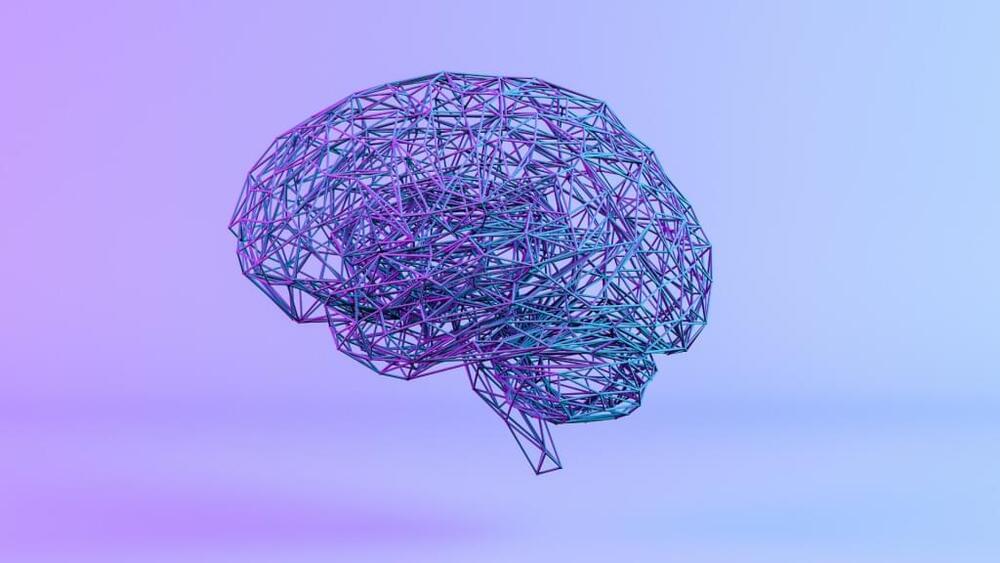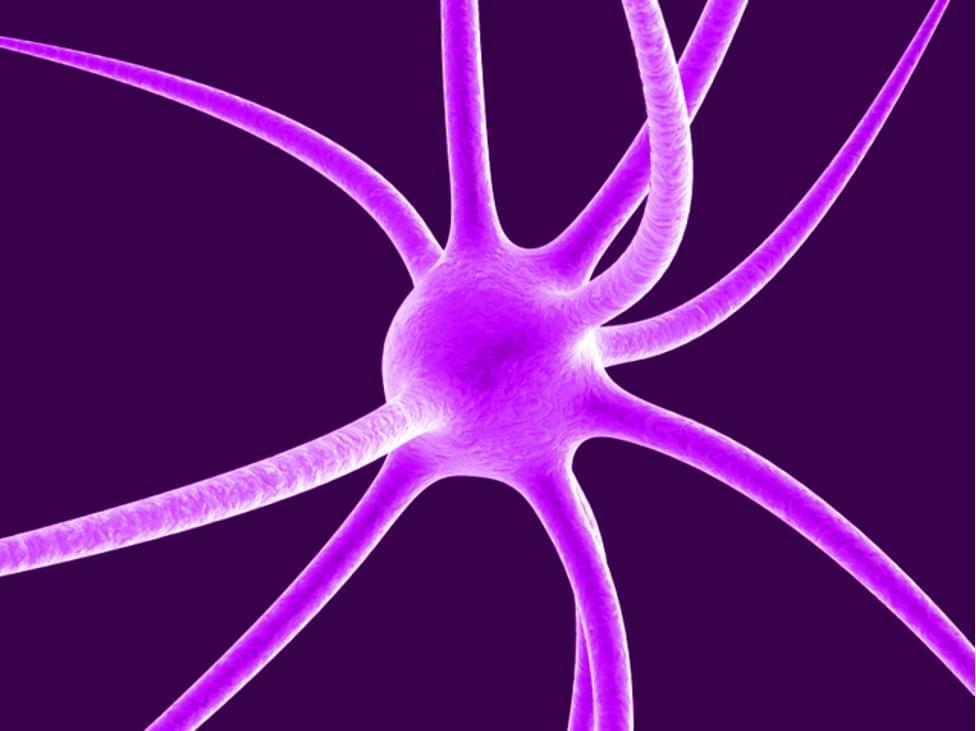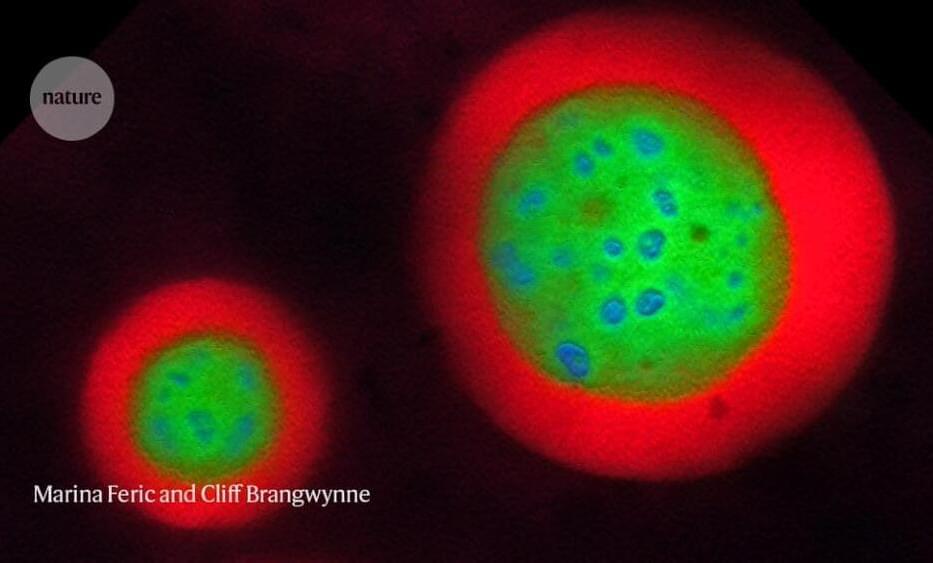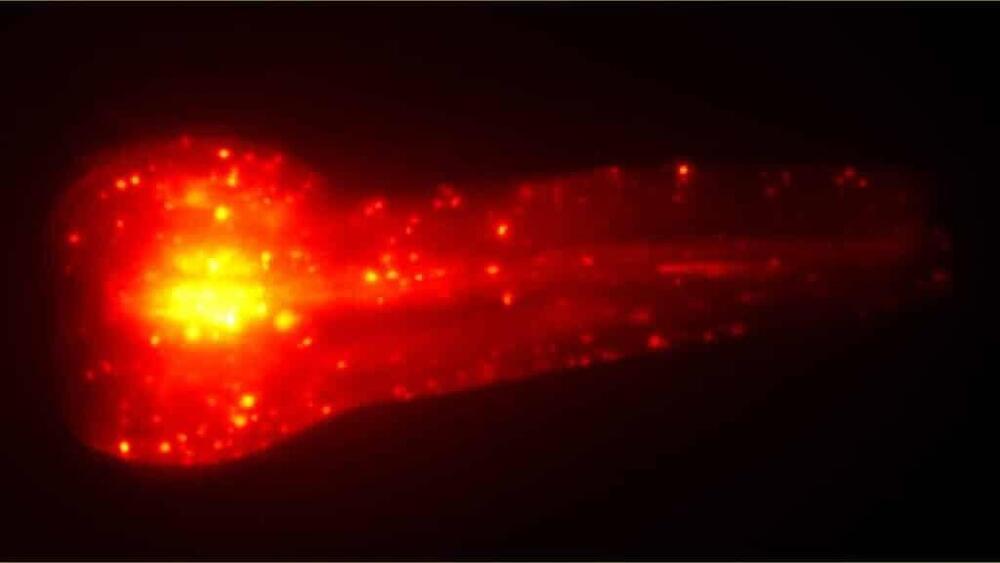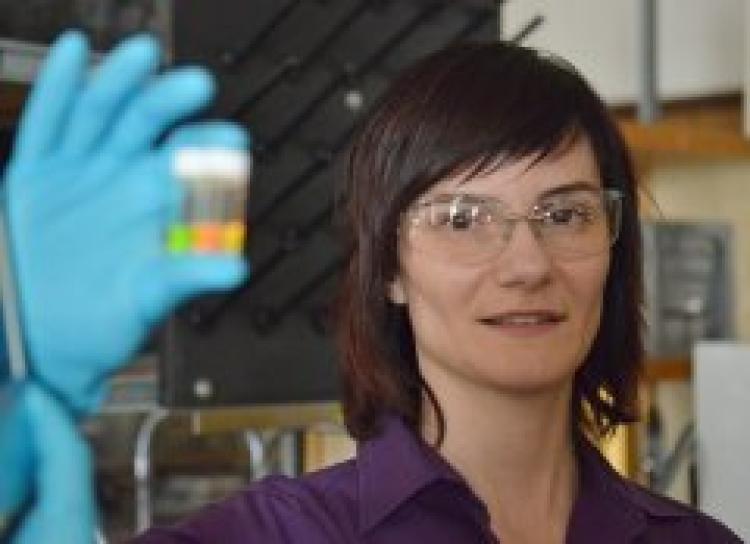Get a Wonderful Person Tee: https://teespring.com/stores/whatdamath.
More cool designs are on Amazon: https://amzn.to/3wDGy2i.
Alternatively, PayPal donations can be sent here: http://paypal.me/whatdamath.
Hello and welcome! My name is Anton and in this video, we will talk about unusual discoveries coming directly from within our mouths — biofilm complexity.
Links:
https://en.wikipedia.org/wiki/Biofilm.
https://www.pnas.org/doi/full/10.1073/pnas.2209699119
https://en.wikipedia.org/wiki/Quorum_sensing.
Slime: https://www.youtube.com/watch?v=spZwZLkMsYw.
Biofilm communication and bacterial cities: https://youtu.be/4M872c27bSc.
#biology #dentistry #biofilm.
Support this channel on Patreon to help me make this a full time job:
https://www.patreon.com/whatdamath.
Bitcoin/Ethereum to spare? Donate them here to help this channel grow!
bc1qnkl3nk0zt7w0xzrgur9pnkcduj7a3xxllcn7d4
or ETH: 0x60f088B10b03115405d313f964BeA93eF0Bd3DbF
Space Engine is available for free here: http://spaceengine.org.
Enjoy and please subscribe.
Twitter: https://twitter.com/WhatDaMath.

